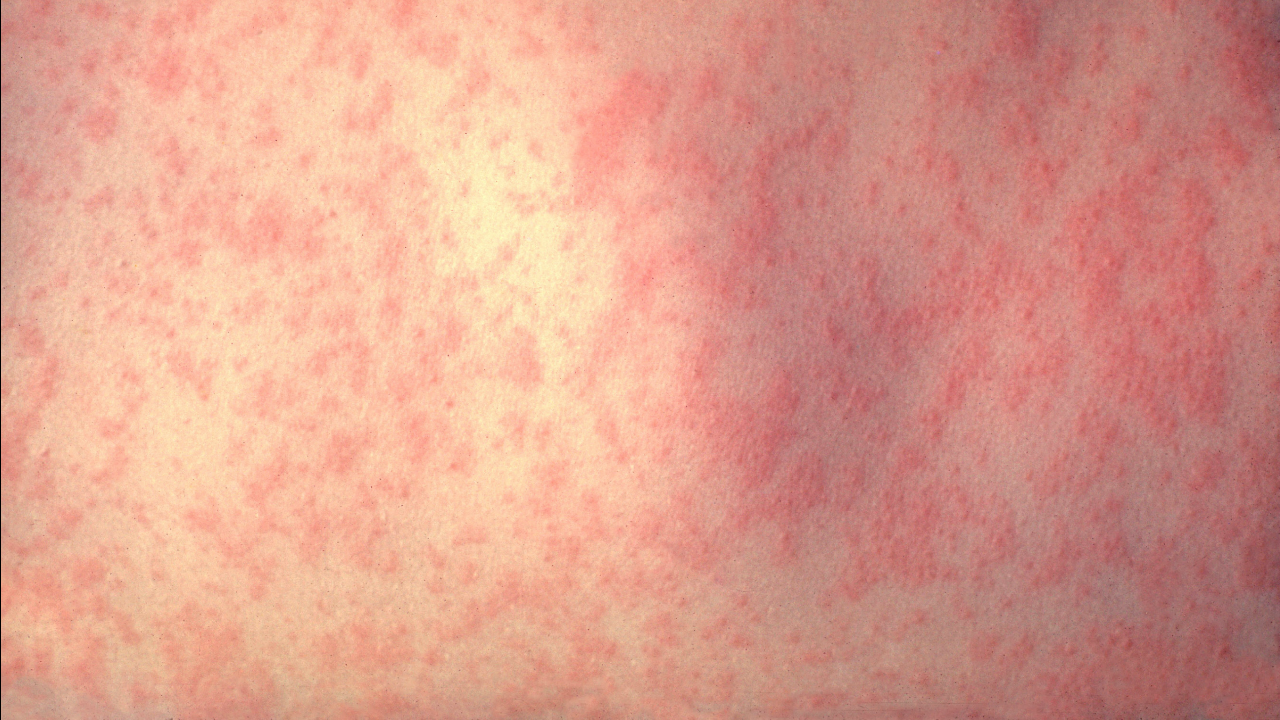Kiwi Concerns Grow: Climate Change Supercharging Fungal Diseases Threatening Health & Our Harvest

New Zealanders, like the rest of the world, are facing a growing threat – a silent, but significant, crisis fueled by climate change: a surge in fungal diseases. While we're used to hearing about rising sea levels and extreme weather, the impact of warming temperatures on fungal pathogens is gaining serious attention. These microscopic invaders, like Aspergillus species and others, are already causing widespread problems, impacting human health, livestock, and our vital agricultural sector.
The Fungal Threat is Real
Fungal pathogens are not new. They've been around for millennia, causing infections in people, animals, and plants. However, the conditions they thrive in are changing rapidly. Diseases like aspergillosis, caused by Aspergillus, are a serious concern for people with weakened immune systems. In agriculture, fungal diseases can devastate crops like wheat, grapes, and kiwifruit – cornerstones of the New Zealand economy. Livestock are also vulnerable, with fungal infections affecting their health and productivity.
Climate Change: The Perfect Storm for Fungi
Rising global temperatures, increased humidity, and altered rainfall patterns are creating ideal conditions for these fungi to flourish and spread. Warmer temperatures allow them to reproduce faster and survive in areas where they previously couldn't. Changes in rainfall can create damp environments, perfect for fungal growth. Furthermore, increased CO2 levels can actually boost the growth of some fungal species.
Expanding Range: A Kiwi Perspective
The concern isn't just about the increased prevalence of existing fungal diseases. It's also about the potential for new and more aggressive fungal pathogens to emerge and spread into New Zealand. Historically, our geographical isolation has provided some protection, but climate change is eroding that barrier. We're already seeing shifts in the distribution of some fungal species, and experts predict this trend will accelerate.
What Can We Do? – A Proactive Approach
Addressing this fungal health crisis requires a multi-pronged approach. Firstly, tackling climate change itself is paramount – reducing greenhouse gas emissions is crucial to slowing the warming trend. Secondly, we need to invest in research to better understand the behavior and spread of fungal pathogens. This includes developing more effective diagnostic tools and treatments for human and animal infections, as well as disease-resistant crop varieties.
Thirdly, improved biosecurity measures are essential to prevent the introduction of new fungal pathogens into New Zealand. This means strengthening border controls and implementing robust surveillance programs.
Finally, educating the public about the risks posed by fungal diseases and promoting preventative measures, such as good hygiene practices and appropriate agricultural management techniques, can help mitigate the impact.
The challenge is significant, but with proactive measures and a commitment to research and innovation, New Zealand can strengthen its defenses against this growing fungal threat and protect the health of its people, livestock, and the nation’s valuable primary industries. Ignoring this issue is not an option – the future of our health and our harvest depends on it.






